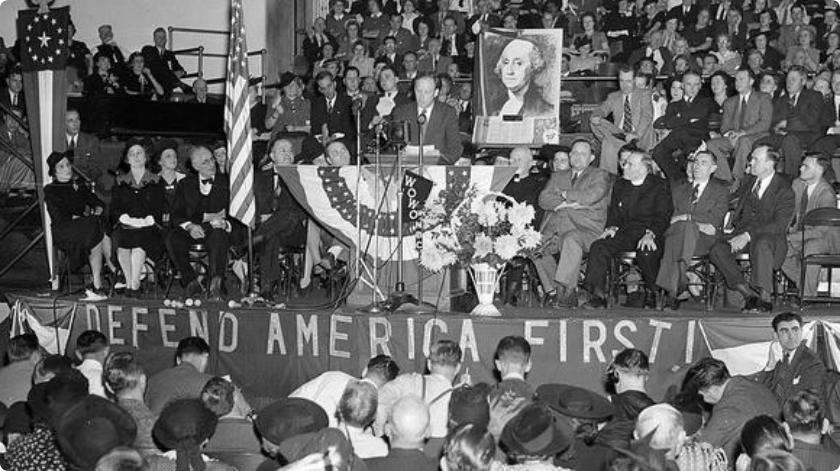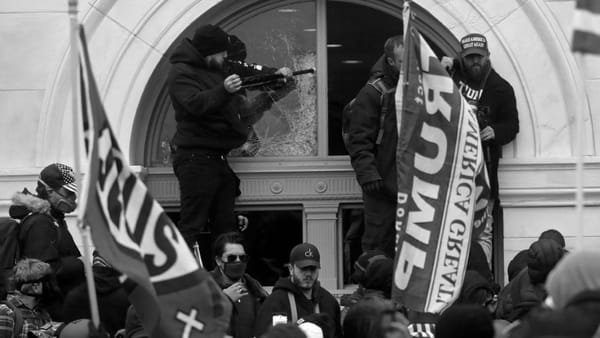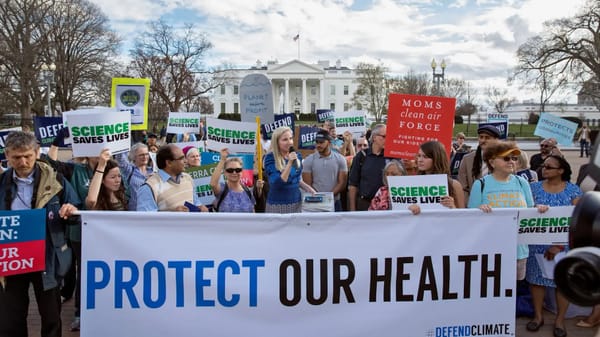"America First": Origins, Influence, & Controversies in US Politics

The phrase' America First' has been a recurring theme in American political history, symbolizing a push for national sovereignty, economic protectionism, and a limited role in global affairs. However, the movement's early years were also marked by connections to white supremacy, anti-Semitism, and isolationism, sparking significant controversy. Today, understanding the complex history of 'America First' and its evolution from these darker elements to a more nuanced message is enlightening and reveals the movement's transformation over time.
The America First Committee (AFC) was established in 1940, as some Americans advocated for the U.S. to stay out of World War II. Founded by Yale Law School student R. Douglas Stuart Jr., the AFC quickly attracted approximately 800,000 members, becoming the nation's largest anti-war organization. It also drew prominent figures such as aviator Charles Lindbergh, who became the movement's most visible spokesperson, and political leaders like Senator Gerald Nye. Many Americans were deeply wary of entering another European conflict, having experienced the costly toll of World War I. The AFC argued that the U.S. should focus on defending its borders, avoiding foreign entanglements, and protecting its people from the devastation of war.

However, the America First movement was not without controversy. Charles Lindbergh's speeches often contained anti-Semitic rhetoric, accusing "Jewish interests" of pushing the United States toward war. In one infamous 1941 speech, he warned that Jewish Americans, along with the British government and the Roosevelt administration, were pressuring the country to enter the conflict. This rhetoric sparked widespread condemnation, as critics viewed Lindbergh's language as both anti-Semitic and sympathetic to Nazi Germany, which at the time was promoting its fascist ideals.
Moreover, the movement attracted support from individuals with connections to white supremacist groups and pro-Nazi sympathizers. While the America First Committee was not explicitly a white supremacist organization, some of its members and supporters espoused racist beliefs, including opposition to immigration and support for isolationist policies grounded in notions of racial purity. These affiliations led to a perception that the America First Committee was, at least in part, influenced by fascist ideology. This association with racist and xenophobic views marred the movement's reputation. It led some mainstream politicians to distance themselves from it.
Following the attack on Pearl Harbor in December 1941, the AFC disbanded, and isolationism lost much of its appeal. Americans largely united to support the war effort as the U.S. entered World War II. However, the notion of "America First" remained in the national consciousness, serving as a framework for those advocating a more insular, protectionist approach to American policy.
After World War II, the 'America First' mindset shifted from isolationism in military affairs to economic nationalism. This shift, which saw some advocates pushing for protectionist economic policies, demonstrates the movement's adaptability to changing circumstances. It also fueled skepticism of international alliances, foreign aid, and trade agreements during the Cold War, as proponents believed that American resources should be focused on bolstering the domestic economy and strengthening American manufacturing.
The "America First" slogan resurfaced in discussions of immigration policy, often tied to fears about preserving American jobs and identity. Some immigration policies promoted in the name of "America First" sought to restrict entry to individuals from certain countries, particularly those with non-European backgrounds. These policies were influenced by a desire to maintain the country's "cultural integrity," reflecting a blend of racial and nationalist attitudes. Mass deportation policies, which targeted immigrant communities perceived as threats to American jobs or values, became a rallying point for those who viewed strict immigration controls as essential to protecting American interests.
By the late 20th century, "America First" sentiments emerged in debates over globalization and free trade. With the rise of international trade agreements, such as the North American Free Trade Agreement (NAFTA), concerns grew that American jobs were being outsourced to countries with cheaper labor. Many industrial towns in the Midwest and South saw factories close and jobs move overseas, fueling resentment toward policies prioritizing multinational corporations over American workers.
The "America First" narrative gained momentum as a way to voice frustrations with global trade policies and call for a return to economic self-reliance. This era saw heightened calls for tariffs on imported goods, restrictions on foreign investment, and the rejection of trade agreements perceived as harmful to American industries. Some politicians argued that globalism undermined national sovereignty and placed undue strain on working-class communities, a sentiment resonating with Americans impacted by job losses and wage stagnation.
Today, the legacy of the "America First" movement remains a point of contention in American politics. The movement's early associations with anti-Semitism, white supremacy, and xenophobia have left a lasting stain, and critics argue that echoes of these sentiments still resurface in policies that emphasize exclusion and nationalism. Some supporters continue to view "America First" as a call for economic independence and military restraint, advocating for policies that prioritize American jobs, restrict immigration, and reduce foreign aid. However, the movement's history of racism and isolationism serves as a reminder of the dangers inherent in promoting nationalism without regard for inclusivity or global cooperation.
While "America First" resonates in rural and industrial areas, where economic instability and job loss remain pressing issues, its controversial legacy reminds Americans of the thin line between patriotism and exclusionary nationalism. The "America First" ethos often resurfaces in times of financial uncertainty. Still, its legacy underscores the importance of scrutinizing the implications of policies that claim to put America first, significantly when they may limit diversity, cooperation, and international understanding.
As debates continue over trade, immigration, and foreign policy, the "America First" mindset remains a powerful yet divisive force in American politics. Its history reveals the potential for policies protecting American interests and the risk of perpetuating harmful ideologies. Understanding this complex legacy is crucial for those considering the future of the "America First" message and its impact on American society.
At DayMark News, we are committed to exposing the rise of authoritarianism and its threat to democracy. In a time when disinformation spreads like wildfire and democratic institutions face relentless attacks, we need your support to keep the fight alive.
Investigative journalism is our weapon against authoritarian ideologies. We delve deep to uncover the truths others would rather keep hidden, while providing actionable resources to empower individuals like you to defend our democracy.
We believe in transparency, integrity, and the power of a well-informed public. But maintaining a platform dedicated to fearless reporting and mobilization requires resources. We refuse to bow to corporate interests or compromise our mission. That's why we turn to you — our community.
Every donation, big or small, helps us continue our work. With your support, we can produce the in-depth analyses, breaking news, and educational tools needed to resist the rise of extremist movements and protect democratic values for future generations.
This fight belongs to all of us. Together, we can ensure that democracy not only survives but thrives. Please consider making a contribution today to keep DayMark News strong and independent.
Donate Now: Because Democracy Can't Defend Itself.





